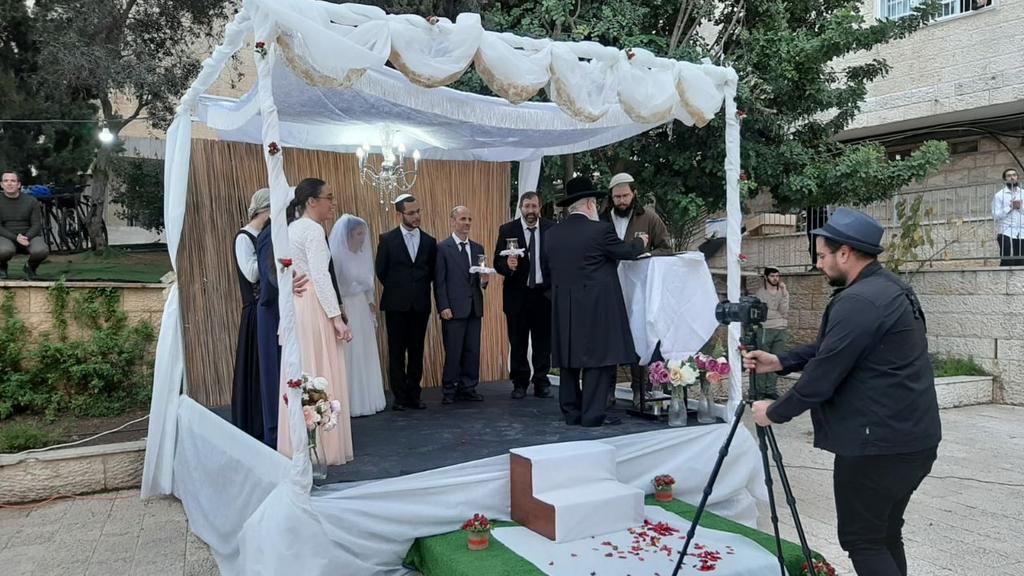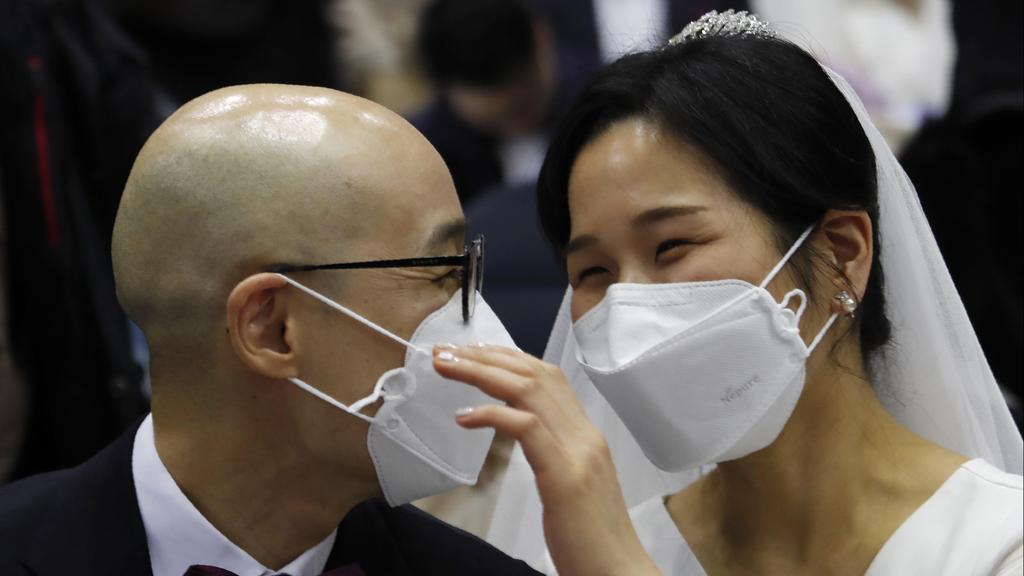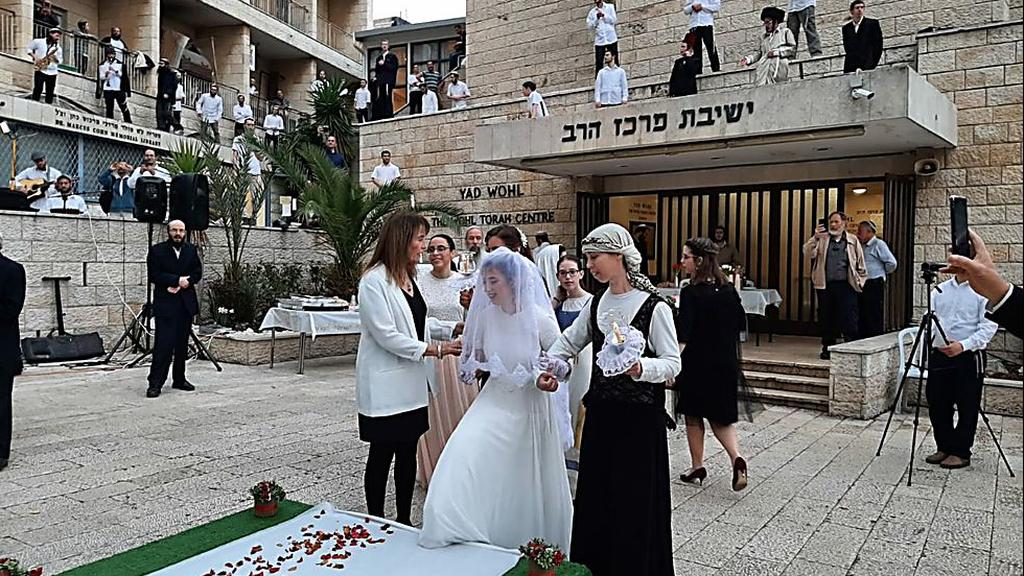Getting your Trinity Audio player ready...
The Health Ministry is reportedly working on guidelines to allow the resumption of weddings and public gatherings with no restrictions on the number of participants.
If approved by the government, the plan will come into effect from June 14. One part of the plan could prove controversial as it states that, "only young people will be allowed to dance."
The outline focuses on three key issues: information on attendees before an event, observing social distancing directives during it and follow-up monitoring afterwards.
The Health Ministry's public health guidelines currently allow mass gatherings of up to 50 people in open spaces. It is projected to rise to 100 next week.
According to the outline, every event venue will have a website operated by the owner. The data on the website will include the personal information of every participant at each event, including age, address and phone number.
Participants will be required to update their personal health status on the website 24 hours before the event is held.
Only participants whose phone number has been identified for the purpose of contacting them afterwards will be allowed to enter the site or update their information on the event website.
Once each person's personal information and a declaration of good health have been authorized, that individual is then "green-lit" and allowed to attend the event.
Those whose information is incomplete or are considered part of an at-risk group will either be questioned beforehand by a health official or banned from the site altogether.
The personal data will be removed from the website one month after the event has taken place or in line with alternative Health Ministry directives.
Would-be attendees without a smartphone will be able to list their information and sign a personal health release at the event using a computer owned by one of the event organizers.
Each event will have a dedicated Health Ministry official attached to it, who will be responsible for ensuring hosts adhere to public health guidelines.
Workers at each event will wear gloves and protective face masks. Each worker and guest will have to have their temperature taken upon entering the site, with a dedicated and separate area for guests considered to be in an at-risk group.
Once the event is over, each attendee will receive two questionnaires - one after two days and the other after two weeks - about their current state of health.
If anyone attending a particular event is confirmed to be infected with coronavirus, everyone else who attended the event will be instructed to enter immediate quarantine.




